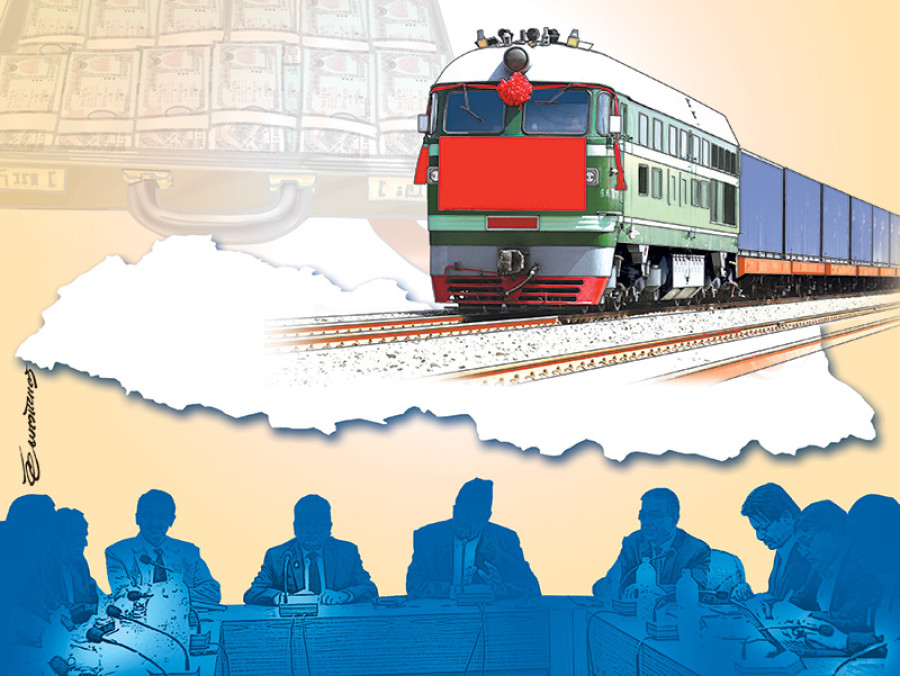Miscellaneous
Officials from Nepal, China to meet in Kathmandu next month
Officials from Nepal and China are set to meet next month to discuss the prospects of developing the Kathmandu-Kerung railway line connecting the two countries.
Sanjeev Giri
Officials from Nepal and China are set to meet next month to discuss the prospects of developing the Kathmandu-Kerung railway line connecting the two countries.
The neighbours agreed in the last week of August on technical details of the railway link touted as one of the most challenging projects even for China that has mastered advanced railway engineering but haven’t met for further discussion.
According to the Department of Railways (DoR), officials from both sides are busy
preparing the agenda for the meeting.
The two countries are expected to reach an understanding on developing the detailed project report (DPR).
“A study conducted by Chinese officials concluded earlier that the project is viable,” said Balram Mishra, director general at the DoR. “We are making arrangements for the meet. The Foreign Ministry is coordinating with the Chinese side.”
According to Mishra, the two governments had agreed to review the project development scenario within 2018 while signing the bilateral agreement to study the feasibility of developing the railway line from Kathmandu to Kerung, a city on the Nepal-China border.
Officials at the Ministry of Physical Infrastructure and Transport said the Nepali side will seek clarity on the financial modality of the project.
“China conducted the pre-feasibility study on its own. The process of developing the DPR is going to be costly. The estimated project cost is Rs257 billion,” the source said, clarifying Nepal’s eagerness to jump into possible financial modalities at the earliest.
Though both the countries haven’t come out in public to discuss financial modalities, a number of interviews conducted by the Post with Nepali bureaucrats in the past few months indicate that the northern neighbour is not much enthusiastic about building the project solely at its own cost. They say that the Chinese side has hinted at building the project with concessional loans to give Nepal ownership of the project.
According to Mishra, Nepal is committed to developing the cross-border connectivity project. He, however, agreed that the financing issue will be the most crucial one as the pre-feasibility study has concluded that the project is doable. “The project cost is almost five times that of the proposed East-West railway,” said Mishra.
According to the DoR, the railway would be 72.25km in Nepal. Around 98.5 percent of the line would either be bridges or tunnels. The project would cost Rs3.55 billion per kilometre. Prakash Upadhyay, a former employee at the DoR, said in August that the project would cost Rs28.55 billion per year if the construction is undertaken in nine years. That means Nepal itself is capable of funding it if there are no alternatives.
Officials at the ministry, however, argue that Nepal cannot fund the project as it has other priorities. This explains Nepal’s persistent pursuit of a grant.




 9.54°C Kathmandu
9.54°C Kathmandu










